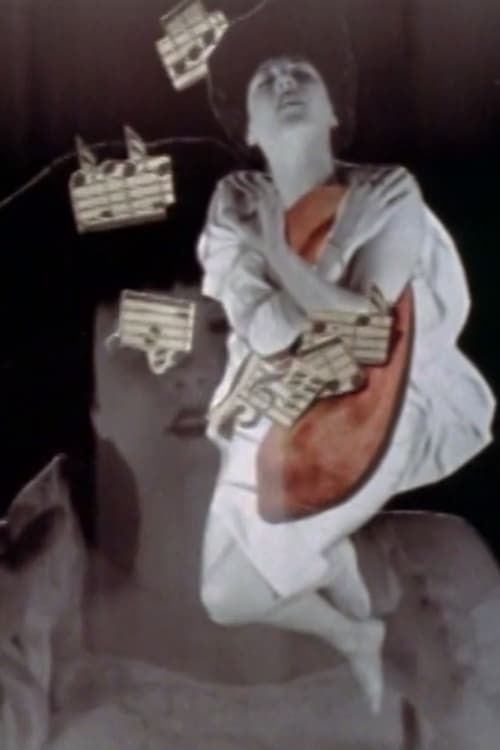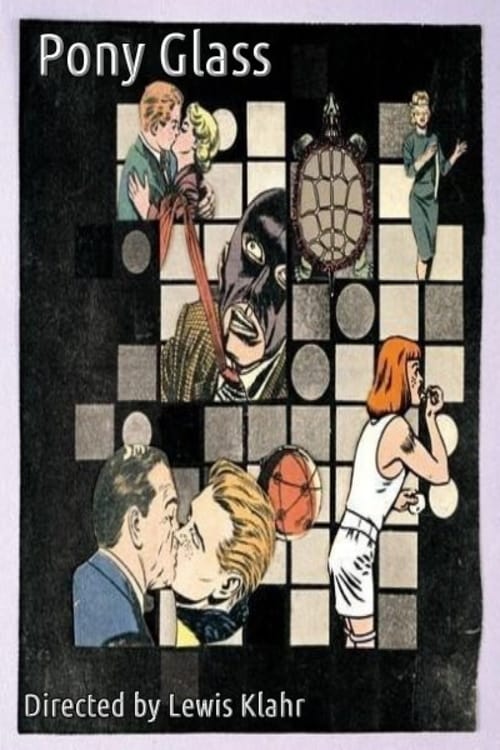Movies by Lewis Klahr

False Aging
“False Aging expresses a sense of lost time, of not moving in step with the rest of the world. In one sequence Jefferson Airplane's Lather asks the question, ‘Is it true I'm no longer young?’ Time makes us prisoners locked in ourselves, like the a small yellow bird who slips behind the back of a playing card, then comes back out in front of it. In rapid alternation, they make a kind of thaumatrope, that spinning parlor trick that suggests a sense of movement in the flapping wings of a caged bird. Here the birdcage has been replaced by chance...

Sixty Six
Organized in 12 discrete chapters, Sixty Six is a milestone achievement, the culmination of Klahr’s decades-long work in collage filmmaking. With its complex superimpositions of imagery and music, and its range of tones and textures at once alluringly erotic and forebodingly sinister, the film is a hypnotic dream of 1960 and 1970s Pop. Elliptical tales of sunshine noir and classic Greek mythology are inhabited by comic book super heroes and characters from Portuguese foto romans who wander through midcentury modernist Los Angeles architectur...

Lulu
Initially commissioned to accompany a Danish production of Alban Berg’s LULU, Lewis Klahr’s cut-out animation refigures the opera's themes in a torrent of images. With an ever-inventive approach to color and symbol, Klahr distills the title character's moral predicament, along with a great many of German Expressionism’s characteristic motifs, in the span of a pop song.

Altair
One of Klahr's masterpieces, Altair is an 8 minute collage color -noir culled from late-40s pages of Cosmopolitan, which induces a sense of claustrophobia and dread through its use of Stravinsky's The Firebird.

Pony Glass
Superman's pal Jimmy Olsen gets his own story. Boy meets girl. Boy loses girl. Boy meets boy!

Two Hours to Zero
A crime story told two different ways concerning the events of a two month period leading up to (and immediately following) a bank robbery. The imagery has all been "appropriated" (the fancy, art-world-sanctioned term for "stealing") from four issues of an early 1960s comic book version of the then-popular American television show 77 SUNSET STRIP. Music by Rhys Chatham ("Guitar Trio"). - Lewis Klahr

Black River Falls
Music by Dick Connette from his album, Too Sad for the Public Vol. 1: Oysters Ice Cream Lemonade. Suzzy Roche sings the vocal. Dick’s lyrics were inspired by the reknowned photography book, Wisconsin Death Trip.